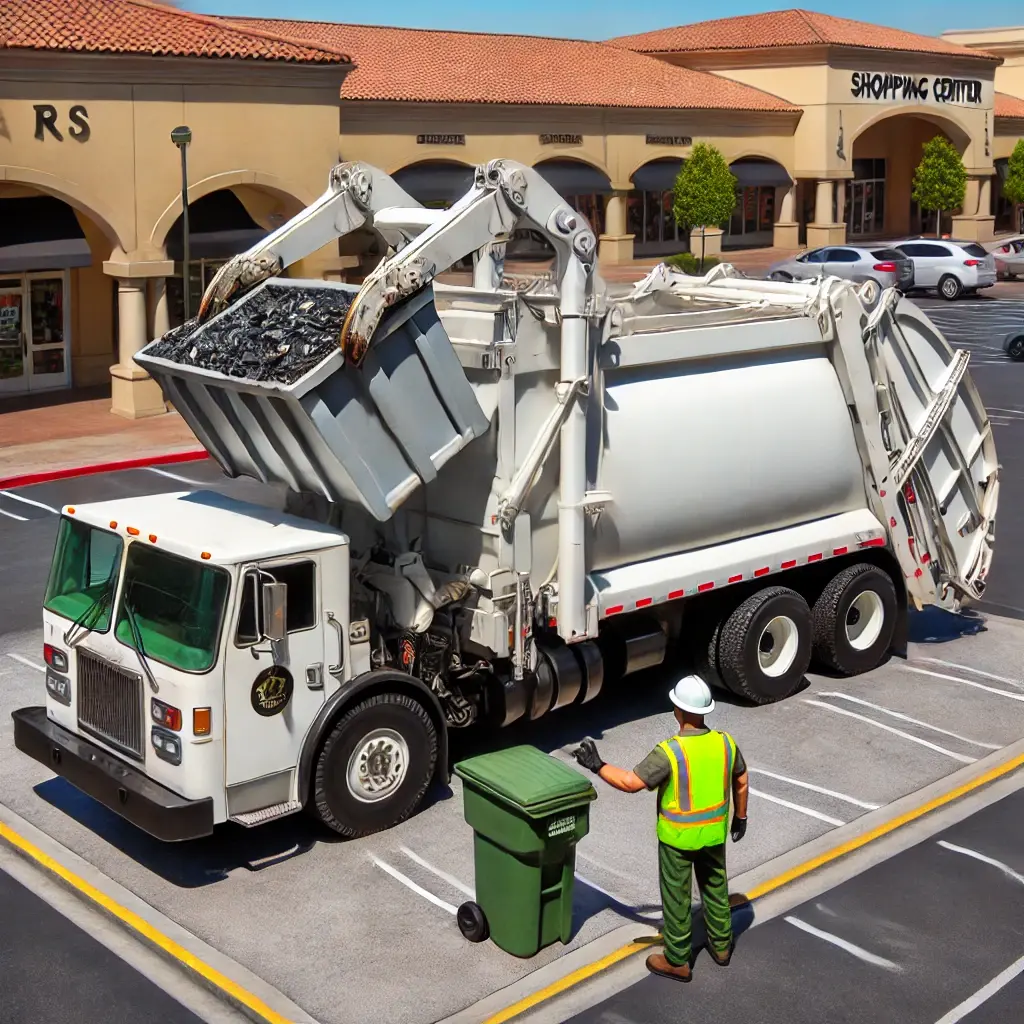American Ingenuity: The Evolution of Waste Management
American Ingenuity: The Evolution of Waste Management
Waste management in the United States has undergone significant transformation over the years. From the early days of simple disposal methods to the advanced systems we have today, the journey reflects our growth and commitment to a cleaner environment. Let's take a look at how waste management has evolved in the USA.
Early Days: Colonial Times to the 1800s
In the early days, American colonists dealt with waste in very basic ways. They buried it, burned it, or dumped it in rivers. As cities grew, so did the amount of trash. By the mid-1800s, streets were often dirty, and disease was common due to poor waste management (https://www.recycle-guide.com) (https://www.taras.org).

Starting to Organize: Late 1800s to Early 1900s
The late 1800s saw the first organized efforts to clean up cities. For example, New York City created a sanitation department in 1895. The department's workers wore white uniforms and cleaned the streets regularly, marking a big step forward (https://www.taras.org).
Landfills also started to appear during this time. Cities began transporting trash to designated areas outside urban centers where it was buried. This helped keep cities cleaner but created new environmental problems (https://www.recycle-guide.com).

Modern Waste Management Begins: 1940s-1970s
After World War II, Americans bought more disposable products, leading to more household waste. Garbage trucks, especially front-load trucks, became essential for collecting large amounts of trash efficiently.
Front-load trucks were particularly important because they allowed for faster, more efficient collection and could handle larger volumes of waste.
These trucks are a common sight today (https://www.wasteprousa.com).

Environmental Awareness: 1970s-1990s
The 1970s brought a new focus on the environment. Earth Day started in 1970, and the Environmental Protection Agency (EPA) was created. New laws aimed to reduce, reuse, and recycle waste (https://en.wikipedia.org/wiki/Environmental_Protection_Agency) (https://en.wikipedia.org/wiki/Resource_Conservation_and_Recovery_Act).
Recycling programs began to spread. Many cities started curbside recycling, where residents could put recyclables out for collection. Facilities for sorting and processing recyclables also became more common (https://en.wikipedia.org/wiki/Environmental_Protection_Agency).

The 21st Century: Innovation and Sustainability
Today, waste management is high-tech and focuses on incorporating more sustainability practices. Innovations like single-stream recycling (where all recyclables go in one bin), waste-to-energy technology (turning waste into electricity), and composting are key parts of modern waste strategies (https://www.taras.org) (https://en.wikipedia.org/wiki/Environmental_Protection_Agency).
Many organizations and municipalities are striving to achieve zero waste by diverting all materials from landfills through recycling and composting, while simultaneously initiating efforts to reduce overall consumption. Advanced technologies, such as GPS tracking for garbage trucks and data analytics, are enhancing the efficiency of waste collection (https://waste-management-world.com).

Future Challenges and Opportunities
Despite progress, challenges remain. Electronic waste and plastic pollution are major issues. However, the ongoing commitment to innovation and sustainability gives hope for a cleaner future (https://waste-management-world.com) (https://en.wikipedia.org/wiki/Environmental_Protection_Agency).
The story of waste management in the USA is one of learning and improving. From simple beginnings to complex systems, it shows the country's efforts to become more environmentally friendly. Looking ahead, our lessons from history help guide us toward a cleaner future.
Recent Posts



-1.png)



